With the funding awarded, George Soros and his network aimed to support NGOs with a focus on exerting globalist pressure. Thus, in addition to Transparency International and the Helsinki Committee enjoying a prominent place on the funding list, several organizations that are the leading advocates of illegal migration and gender ideology received financial support. Between 2016 and 2023, George Soros spent 1.4 billion dollars (approximately 538 billion forints) supporting NGOs in Europe and post-Soviet states, with 90 million dollars (35 billion forints) going to Brussels-based groups. The return on this funding was political leverage: the ultimate aim of the transactions was to influence EU decision-making, which is a clear case of political corruption, the Center for Fundamental Rights argues.
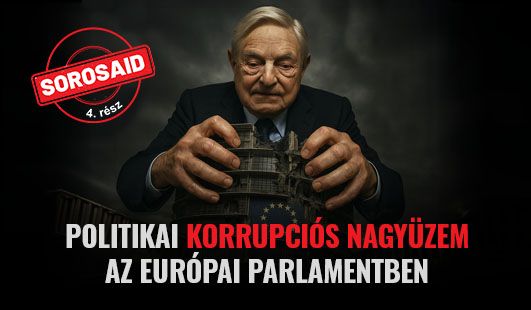
The European Parliament not only tolerates this but actively enables it through weak transparency rules. This analysis by the Center for Fundamental Rights aims to expose the lobbying activities of organizations funded by Soros within the European Parliament.
Previous studies by the Center for Fundamental Rights have detailed how Open Society Foundations (OSF) bankrolls liberal NGOs in Europe, the post-Soviet region, Hungary, and Brussels. These beneficiaries are diverse, covering hundreds of organizations but they share a common thread: they promote globalist causes, advocating issues dear to liberals, such as gender ideology, migration, war, abortion, or the rule of law. Another common feature is their critical stance toward Hungary and the Europe's patriotic right wing, often making hostile public statements against them.
Political corruption has long been a serious problem in Brussels, as seen in the Eva Kaili scandal, Ursula von der Leyen’s Pfizer text message controversy, money laundering allegations against ex-EU commissioner Didier Reynders, and corruption cases linked to several of Manfred Weber's allies. Given the minimal asset declaration and transparency requirements for Brussels officials, these revelations are hardly surprising. In light of this, the Hungarian National Assembly recently adopted stricter asset declaration rules for Hungarian MEPs.
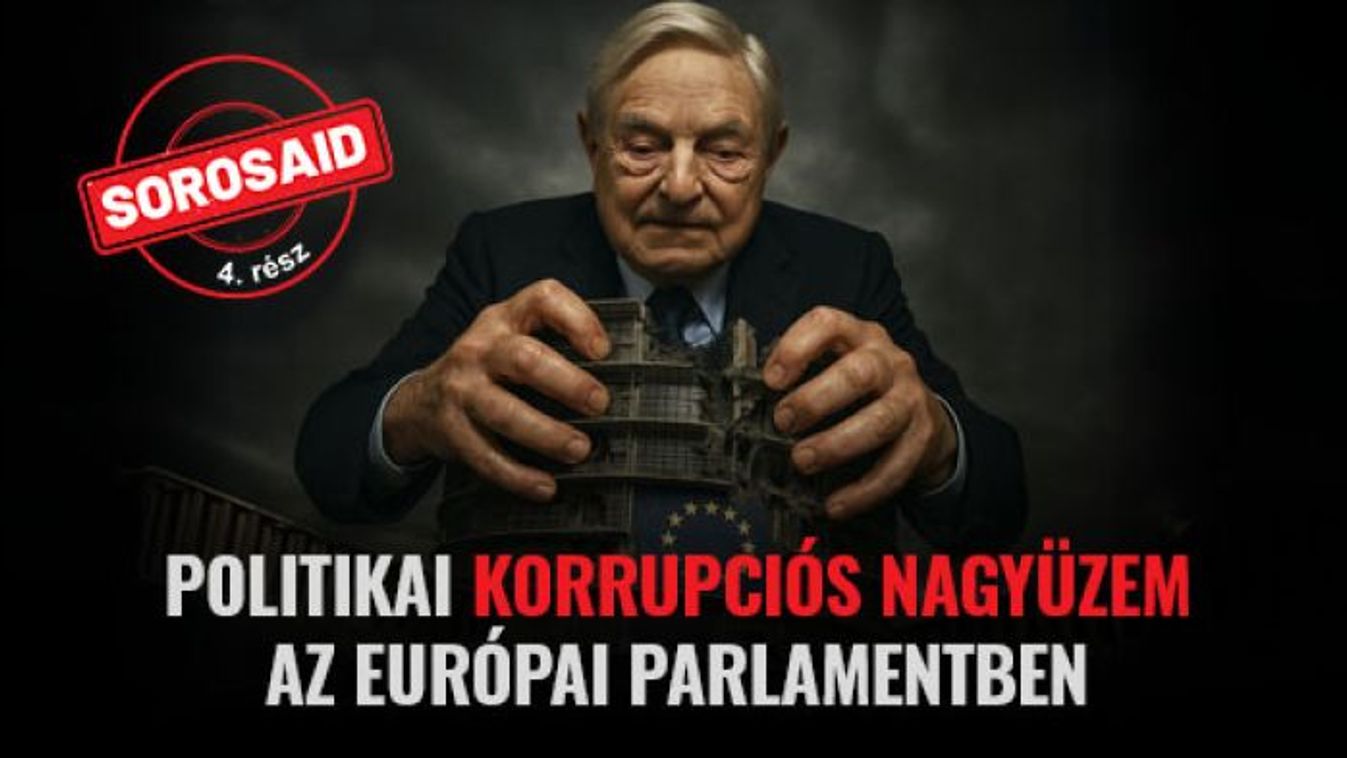
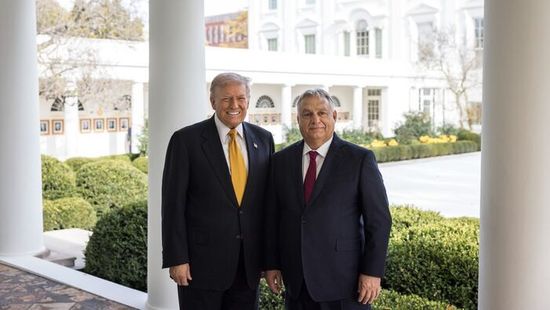
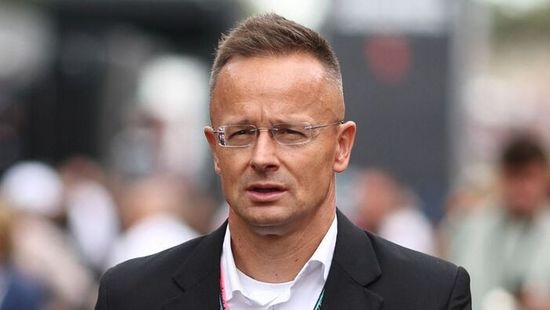
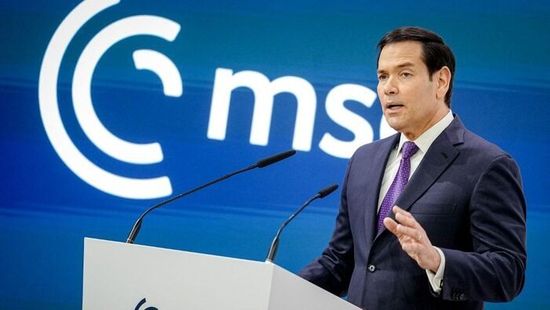
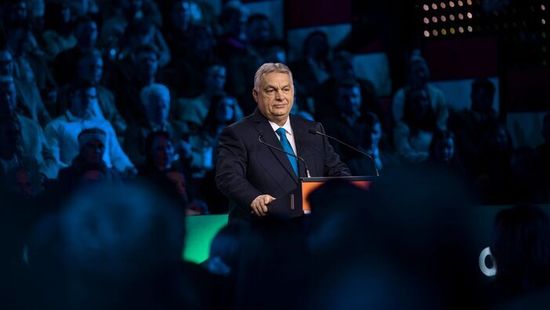


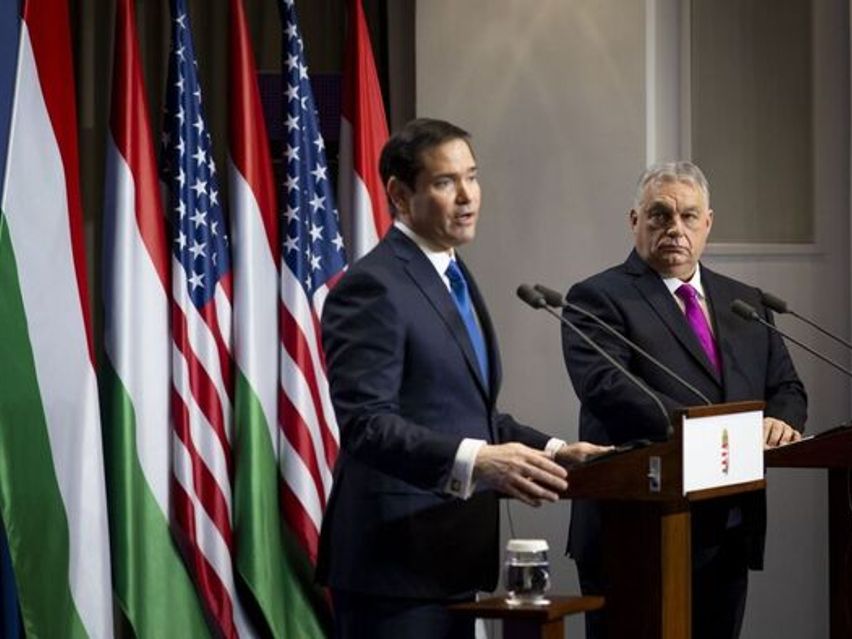




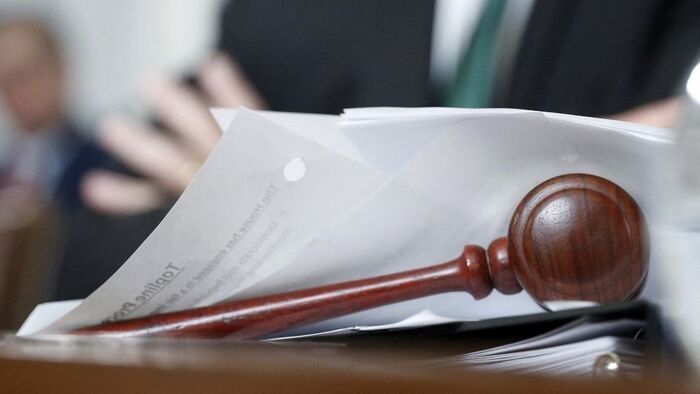

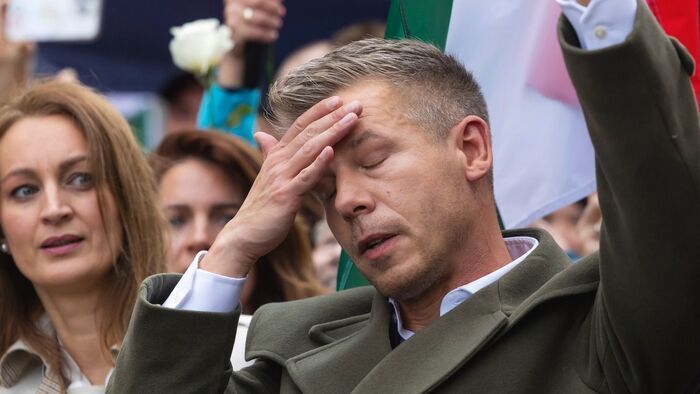

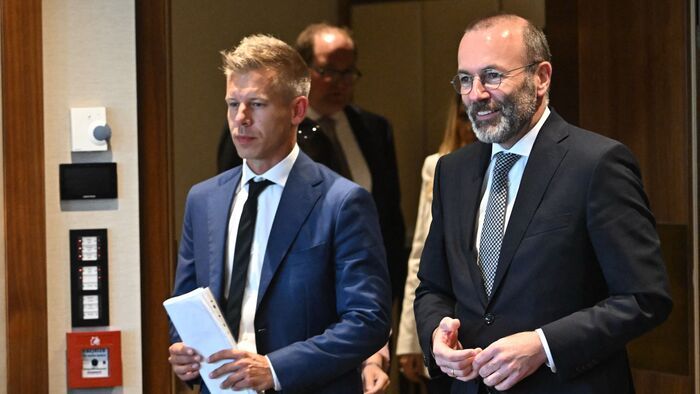
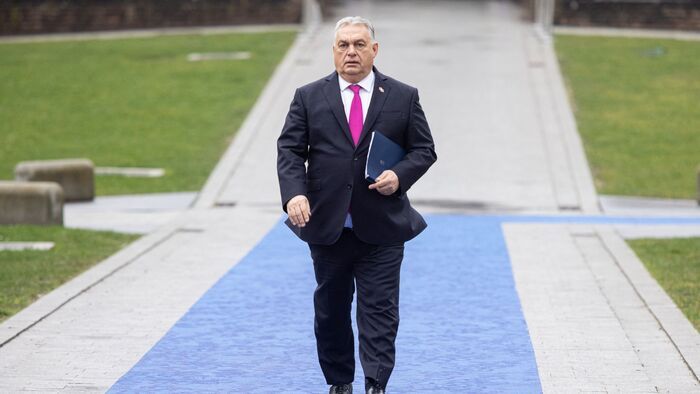





Szóljon hozzá!
Jelenleg csak a hozzászólások egy kis részét látja. Hozzászóláshoz és a további kommentek megtekintéséhez lépjen be, vagy regisztráljon!